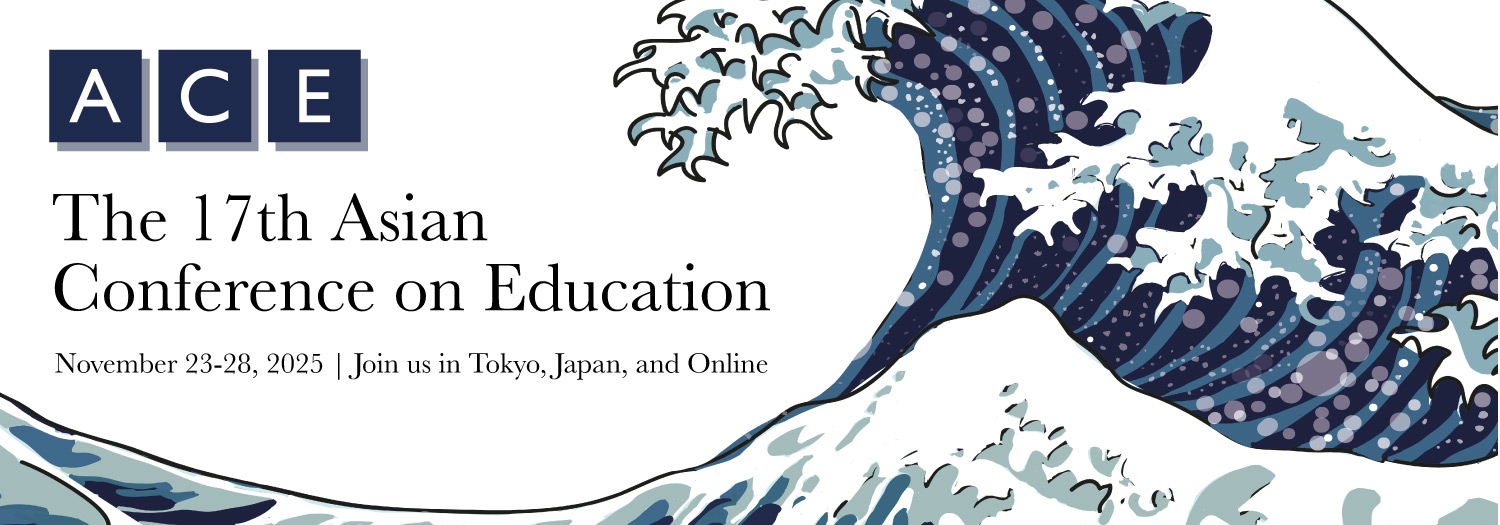Presentation Schedule
Bridging the Gap Between Vietnamese and Western Higher Education Systems: A Comparative Case Study of Vietnamese Students’ Experiences (85584)
Session: On Demand
Room: Virtual Video Presentation
Presentation Type: Virtual Presentation
Vietnam’s higher education reform strongly advocates for learning from global best practices and achieving world-class standards, yet the gaps between the systems and strategies to bridge them remain unclear. This research aims to address these questions by examining the learning outcomes reported by students in Vietnamese and Western education systems, together with their curriculum components and learning activities that contribute to these disparities. Adopting a qualitative approach and a case study design, data were collected through seven semi-structured interviews employing triangulation techniques. The participants were Vietnamese students with similar 12-year general education backgrounds in Vietnam, but who later studied either in Vietnam (three students) or Western programs (four students). Using the constant comparative method and the comparative process adapted from Bereday (1964) for data analysis, the study reveals that both student groups recognise the crucial role of universities in preparing them for future careers. However, students in Western systems demonstrate notable development in critical thinking, academic competency, and in-depth knowledge, while students in the Vietnamese system report deficiencies in these outcomes, expressing dissatisfaction with their formal education and relying heavily on extracurricular activities for generic skill development. Factors contributing to these differences include the availability of scientific resources in libraries, the role of reading and writing in the learning process, and the implementation of constructivist teaching and learning approaches. This study argues that by addressing these areas, Vietnamese higher education can better prepare graduates to be independent thinkers and active contributors to the knowledge-based economy, and potentially achieve international recognition.
Authors:
Kieu-Trinh Truong, Independent Scholar, Vietnam
About the Presenter(s)
Kieu-Trinh Truong, formerly a university lecturer in Vietnam, is currently an independent scholar. Her works focus on promoting learning with understanding, and the sociocultural and economic contexts of education in Asian countries.
See this presentation on the full schedule – On Demand Schedule





Comments
Powered by WP LinkPress